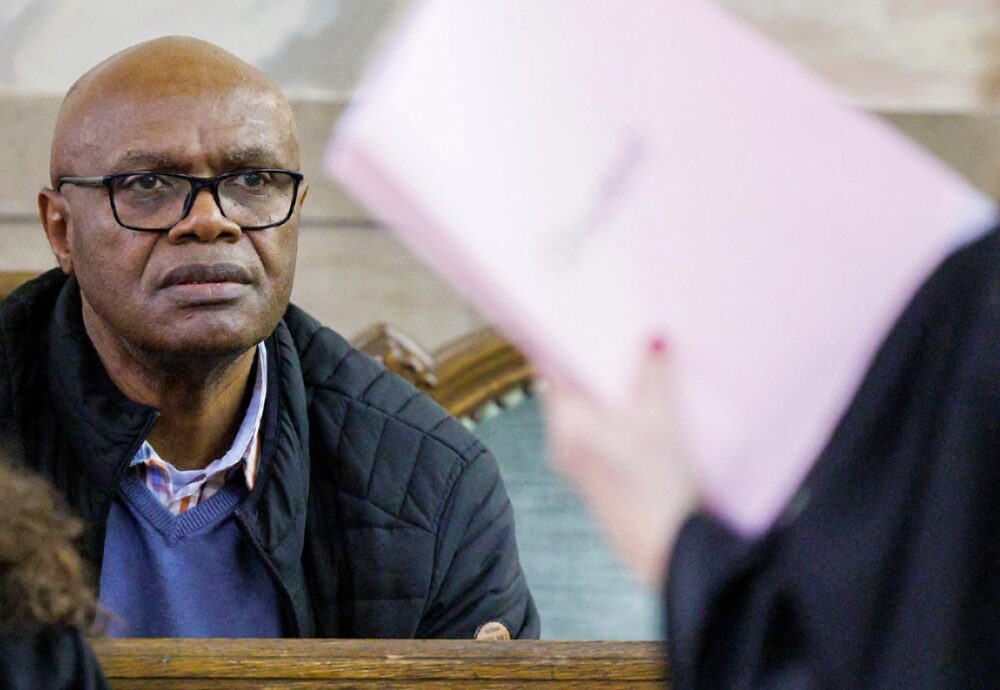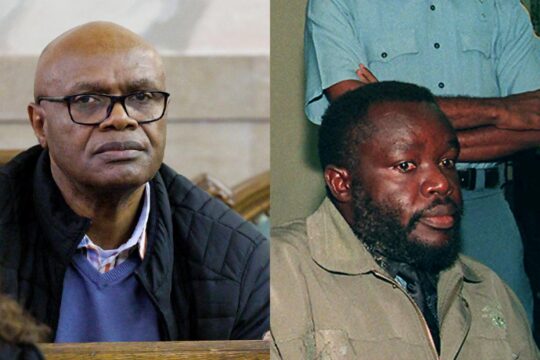A court in Brussels on Monday sentenced a 65-year-old Belgian-Rwandan man to 25 years imprisonment for murder and rape committed during the 1994 Rwandan genocide.
Emmanuel Nkunduwimye was found guilty of war crimes and genocide for a series of murders as well as the rape of a Tutsi woman.
Nkunduwimye, who was first arrested in Belgium in 2011, was the owner of a garage in Rwanda's capital Kigali in April 1994 when the genocide began.
The garage was part of a complex of buildings that was the scene of massacres perpetrated by Interahamwe militiamen.
He was close to several militia leaders -- including Georges Rutaganda, who was sentenced to life imprisonment by the International Criminal Tribunal for Rwanda and died in 2010.
The jury at the trial in Brussels found the accused assisted the militia "with full knowledge of the facts".
"He could not have been unaware of the abuses committed there," the sentencing said, according to Belga news agency.
During the trial, Nkunduwimye was formally identified by the woman he raped, who came to testify in camera at the hearing.
Nkunduwimye denied the accusations and his defence called for his acquittal, arguing in particular that the prosecution's evidence was unreliable.
Prosecutors at the trial -- which began in April -- had requested a sentence of thirty years in jail.
The genocide in Rwanda, which took place between April and July 1994, claimed at least 800,000 lives, according to the UN.
The victims were mainly members of the Tutsi minority, but also moderate Hutus.
The trial of Nkunduwimye was the seventh such trial to be held in Belgium over the genocide since 2001.
Belgium -- which controlled Rwanda during the colonial period -- prosecutes alleged genocidaires as its court recognises universal jurisdiction for crimes under international humanitarian law committed outside the country.
In the most recent trial, Seraphin Twahirwa was sentenced in December 2023 to life imprisonment for dozens of murders and rapes perpetrated by himself or the Interahamwe militiamen under his authority in Kigali between April and July 1994.





